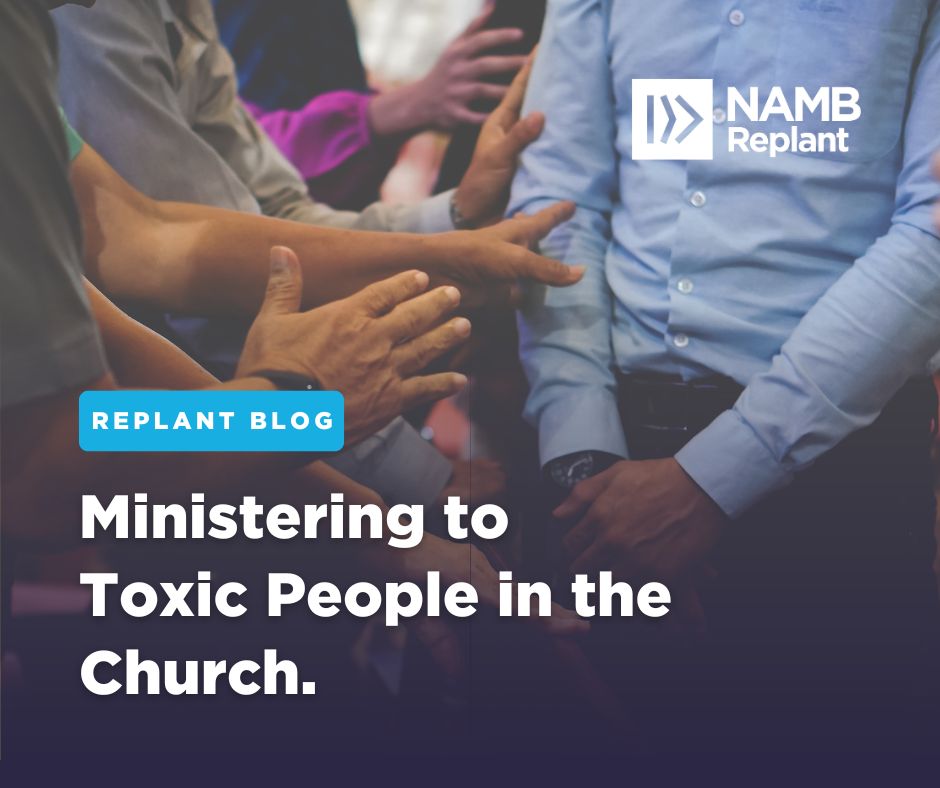I have found there is a helpful way to evaluate the worship services of a particular Lord’s day and train young men for this aspect of pastoral ministry at the same time. It is something we call, “service review.”
What is a service review?
Service review takes place as a round table discussion with one primary facilitator to evaluate the public gatherings for that Lord’s day. For our church, it works best to have this time 15 minutes after our evening service with duration of forty five minutes to one hour. There are two main benefits: First, everyone is already at church to meet before going home for the day. Second, the gatherings for that Lord’s day are fresh on everyone’s minds and hearts, which produce a more engaged evaluation. This time also provides spouses and children the option to stay and fellowship with one another while the team meets. Sensitivity to families waiting is why this meeting should last one hour maximum. Anyone is invited to attend, but is primarily attended by those who participate in leading and preaching in the public gathering or aspire to do so. Those leading and preaching that day, as well as current pastoral interns, are required to attend.
What is the purpose of a service review?
The primary role of service review is two fold: First, service review is a safeguard to maintain biblical fidelity within the public gatherings of the church. Secondly, service review is a tool to cultivate the skill of giving and receiving sincere, helpful and godly criticism, which does not come naturally. It must be learned, taught, and molded into believers. Within these two chief purposes, there are several other purposes to be accomplished in setting this time aside to evaluate:
- To provide an opportunity to speak words of encouragement as well as correction if needed into the lives of those who led and preached in the public gathering.
- To create a culture of evaluating the public gatherings, not by preference or style, but biblically, theologically, pastorally and practically.
- To create an environment to evaluate critically what is important and what is not important in regard to sermons and services.
- To create an environment for those participating and observing to learn, grow and mature in the various roles discussed.
- To learn discernment in what are helpful, instructive comments—and what are not.
- To create an environment of humility, trust, fellowship and openness with our lives to those present.
I would encourage every pastor to have some kind of intentional effort to both get helpful feedback on the Sunday services and sermon, as well as teach young men preparing for the ministry how to craft the public gatherings of the church.
This blog originally appeared on Practical Shepherding, May 6th, 2014 and was used here by permission.
Published September 12, 2017




